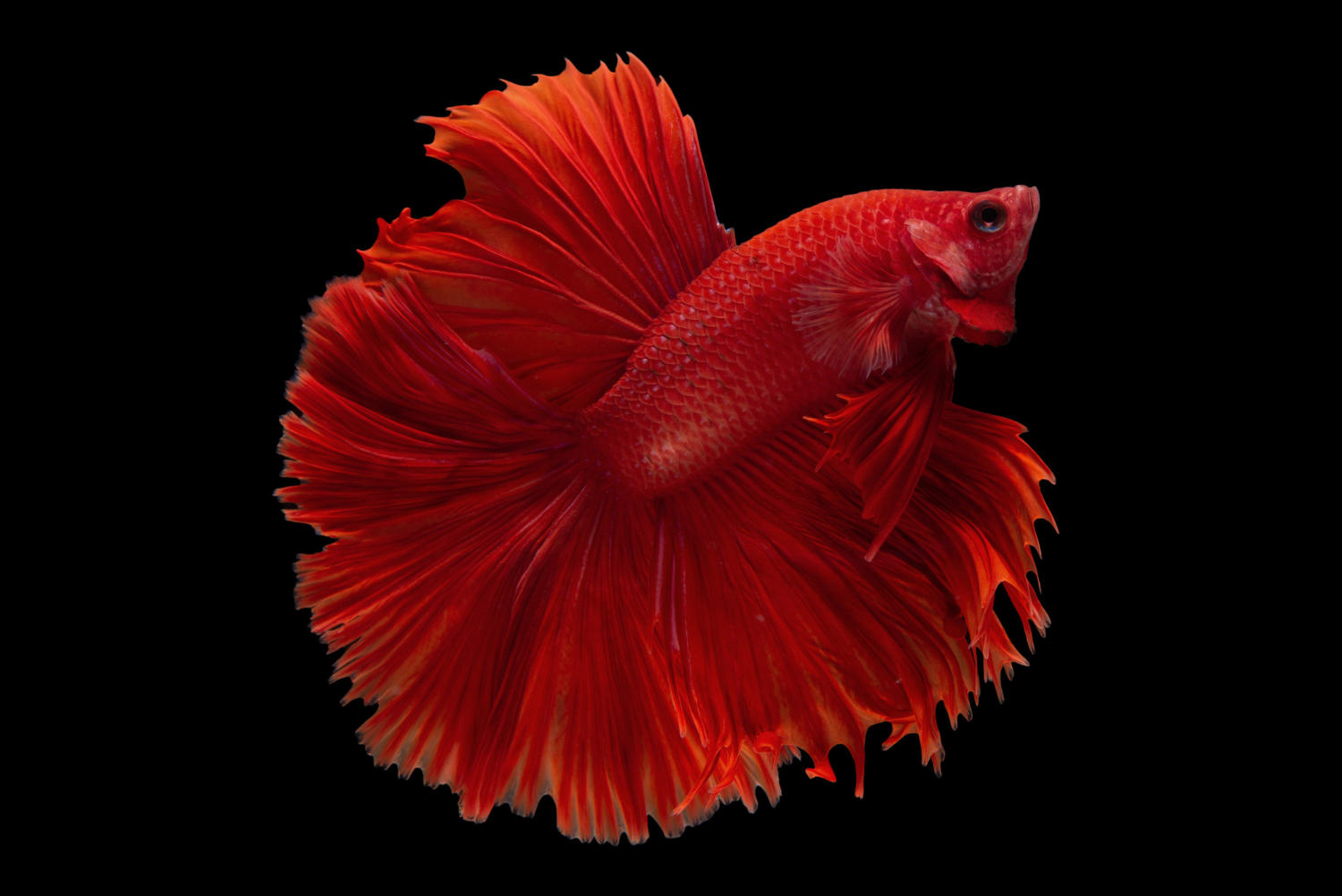If you’ve recently become a fish owner, one of the first questions you may have is, how often should I feed my fish? It’s a common concern, and a valid one at that. Feeding your fish is essential to their well-being, but feeding them too much or too little can have negative consequences. In this blog post, we’ll explore how often you should feed your fish for optimal health. From the type of fish you have to their age, there are many factors to consider, so let’s dive in!
Feeding Frenzy: How Often Should You Feed Your Fish for Optimal Health?
Feeding fish is one of the most important aspects of fishkeeping. A proper feeding regimen is essential for the health and well-being of your fish. But how often should you feed your fish? This is a question that many fishkeepers ask, and the answer is not always straightforward. In this blog post, we will explore the various factors that determine how often you should feed your fish for optimal health.
Factors that Determine How Often to Feed Your Fish
The feeding requirements of fish are influenced by several factors. These include:
1. Species of Fish
Different species of fish have different feeding requirements. Some fish are herbivorous, others are carnivorous, and some are omnivorous. Herbivorous fish require a diet that is high in plant-based foods, while carnivorous fish require a diet that is high in protein. Omnivorous fish require a balanced diet that contains both plant-based and protein-based foods.
2. Size of Your Fish
The size of your fish also determines how much food they need. Smaller fish require less food than larger fish. Overfeeding smaller fish can lead to health problems such as bloating and constipation.
3. Age of Your Fish
The age of your fish also affects their feeding requirements. Young fish require more frequent feedings than adult fish. As fish grow, their feeding requirements change, and they may require a different type of food.
4. Water Temperature
Water temperature affects fish metabolism and digestion. In warmer water, fish have a faster metabolism and require more frequent feedings.
5. Filtration System
.jpg)
The filtration system in your aquarium also affects how often you should feed your fish. Overfeeding can cause excess waste, which can overload your filtration system and lead to poor water quality.
How Often Should You Feed Your Fish?
Now that we have explored the various factors that determine how often you should feed your fish, let‘s take a look at some general guidelines.
1. Feed Small Amounts Frequently
In general, it is better to feed your fish small amounts of food several times a day rather than one large feeding. This allows your fish to digest their food properly and reduces the risk of overfeeding.
2. Consider the Species of Your Fish
Different species of fish have different feeding requirements. In general, herbivorous fish require more frequent feedings than carnivorous fish. Most herbivorous fish require feeding 2-3 times per day, while carnivorous fish can be fed once or twice a day.
3. Adjust Feeding Frequency Based on Age and Size
Young fish require more frequent feedings than adult fish. As fish grow, their feeding requirements change, and they may require a different type of food. Smaller fish require less food than larger fish.
4. Do Not Overfeed
Overfeeding can lead to health problems such as bloating, constipation, and poor water quality. It is important to only feed your fish what they can consume in a few minutes.
5. Consider the Water Temperature
In warmer water, fish have a faster metabolism and require more frequent feedings. In cooler water, fish require less food.
Feeding your fish properly is essential for their health and well-being. The feeding requirements of fish are influenced by several factors, including species, size, age, water temperature, and filtration system. In general, it is better to feed your fish small amounts of food several times a day rather than one large feeding. Overfeeding can lead to health problems and poor water quality. By following these guidelines, you can ensure that your fish receive the proper nutrition they need for optimal health.
In conclusion, feeding your fish is not a task to be taken lightly. The amount and frequency of feeding can have a significant impact on the health and well-being of your aquatic pets. By following the guidelines discussed in this post, you can ensure that your fish are getting the right amount of food at the right time, leading to optimal health and happiness. Remember to observe your fish’s behavior and adjust feeding accordingly. With a little bit of attention and care, you can enjoy a thriving aquarium full of healthy, happy fish for years to come.


.jpg)
%20-%20Copy.jpg)
%20-%20Copy.jpg)
%20-%20Copy.jpg)
.jpg)
%20-%20Copy.jpg)
